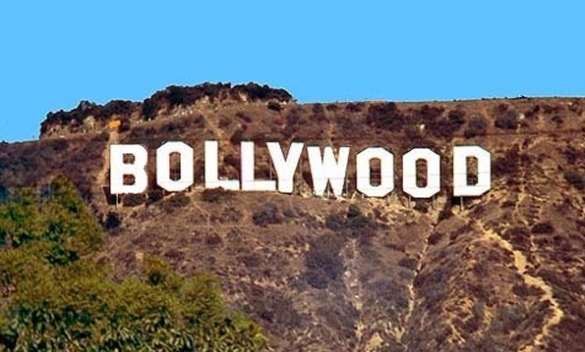The article « Does Globalization mean we will become one culture » was written by Marc Pagel and published in the website “ bbc.com”. Nowadays, American corporations such as Starbucks, Coca Cola and Facebook are spreading worldwide. In fact, their presence around the world has clearly a huge impact on local cultures, regarding food but also the mores and habits of the society they are implanted in. In fact, the trend that has been noticed is the homogenisation of cultures in term of loss of diversity or the westernisation of those cultures.
In order to understand this trend of globalization, the author highlights the notion of cumulative cultural adaptation, our capacity for cultural grants that has been accelerated by the rise of technology. In fact, the rise of new technologies such as Internet has allowed us to share knowledge with successive generation and to reach a large number of people. Consequently our culture is seen as cumulative because humans pick up what others left us and go further with it.
Moreover, Marc Pagel describes in his article the psychology that allows us to form and cooperate in small tribal groups and go even further by explaining that this same phenomenon makes it possible for us to from into larger social groupings, relying it to the idea of globalization and homogenisation versus cultural diversity. Furthermore, in order to support his argument he goes throughout the history, showing that in our early age people used to live in small bands before the creation of “ chiefdoms” and collections of states such as the United Kingdom and the United States. Therefore we can see that our evolved tribal psychology has been comprised by competing tendencies, the disposition to produce lots of different cultures and the ability to extent to larger groupings.
However, the author highlights two factors that can stop this trend of homogenization, the scarcity of resources and demography. In fact, he thinks that people will realize that they have reached the peak standard of living, at a certain point and it will lead to increase individualism. Therefore, people are going to pull back from their own cultural scales.
Finally, to respond to the first question “ Does globalization mean we will become one culture” I would like to argue that the rise of technology and more precisely the democratization of Internet has brought people into closer contact, since they all have access to the same global products, largely coming from America. However, those same technologies give them the possibility to decide to choose their own culture and identity and of course choose to be different from other cultures.
Also, I think that despite these homogenizing effects, globalization can also reinforce local cultures since they feel threatened by it. Local or national cultures will try to protect themselves from globalization, trying to promote their own traditional values and customs. For example, in France, Nicolas Sarkozy reiterated “ l’exeption culturelle”; it is a policy of government protection that is set in order to promote the French culture and the French film Industry.
Moreover, many governments around the world have attempted to protect their local cultures more precisely their language by imposing bans on what they declare to be foreign cultural intrusions. The Chinese government has indeed removed the use of foreign words in order to protect the purity of its language; it has scrutinized the brands and names of 20,000 western companies and tried to force them to change to Chinese-sounding names.
Finally, the trend of homogenization of cultures appears to have a lot of challenges. Globalization is not a simple process; it has several impacts on cultures, which are sometimes positive or negative.
Article Link : http://www.bbc.com/future/story/20120522-one-world-order


